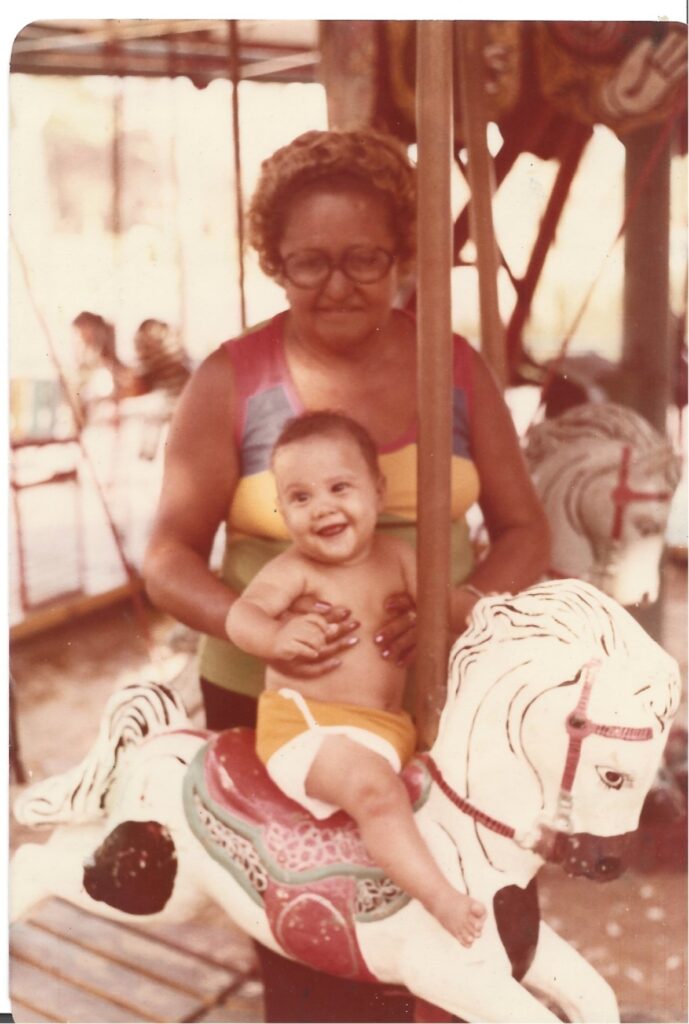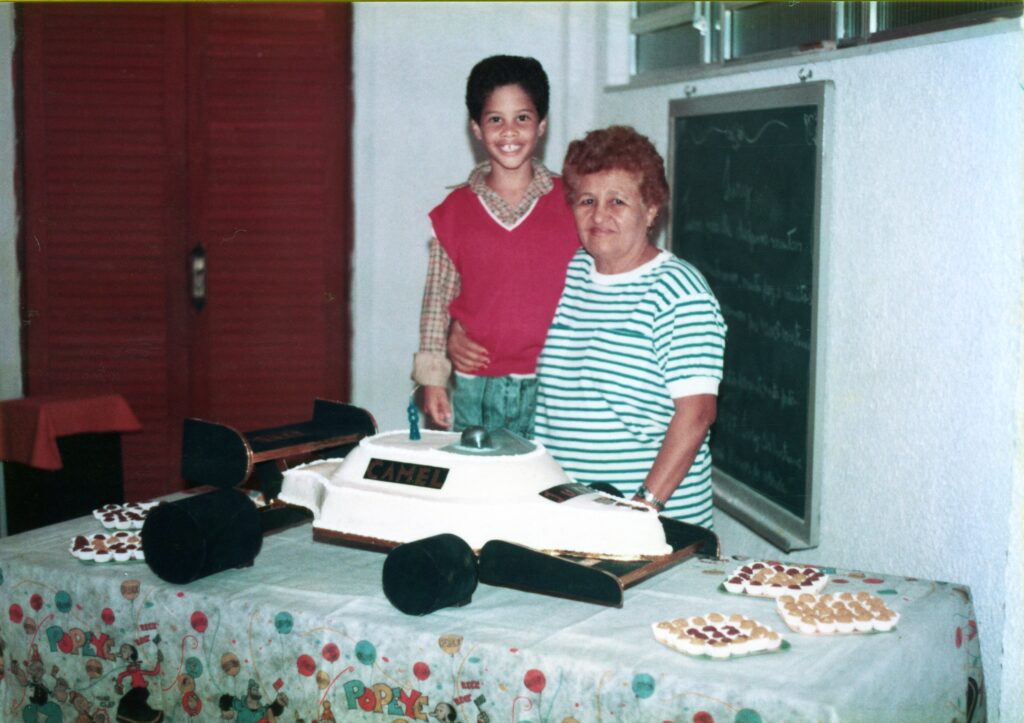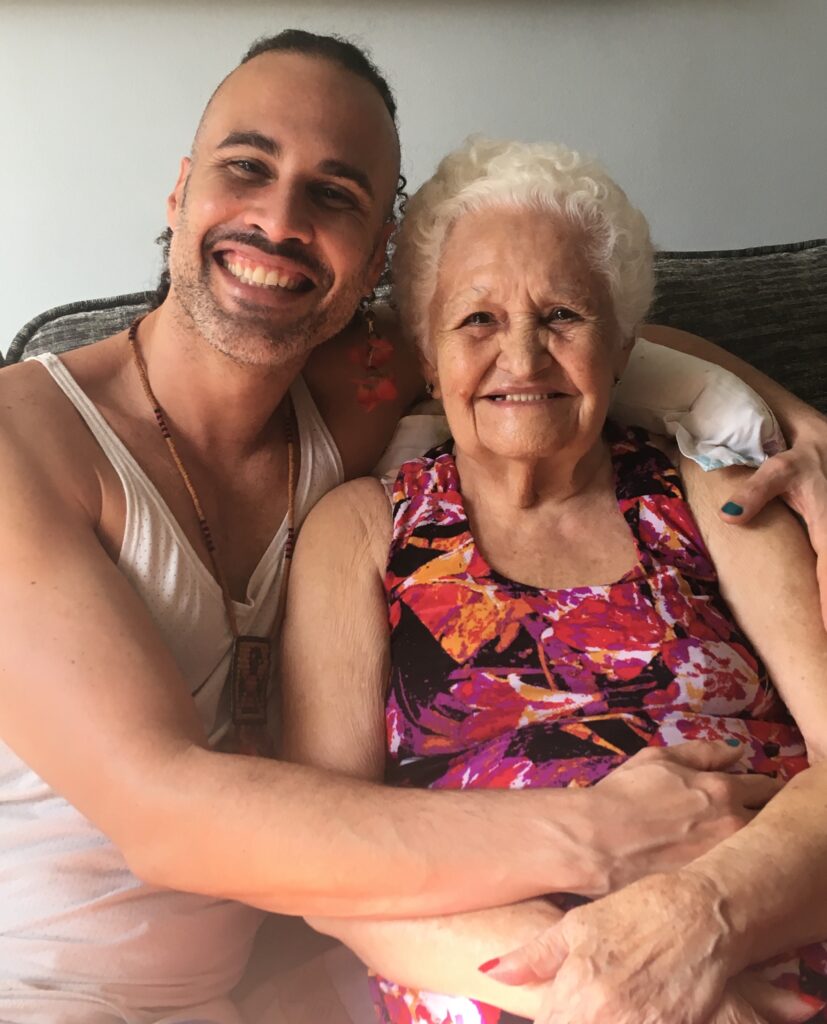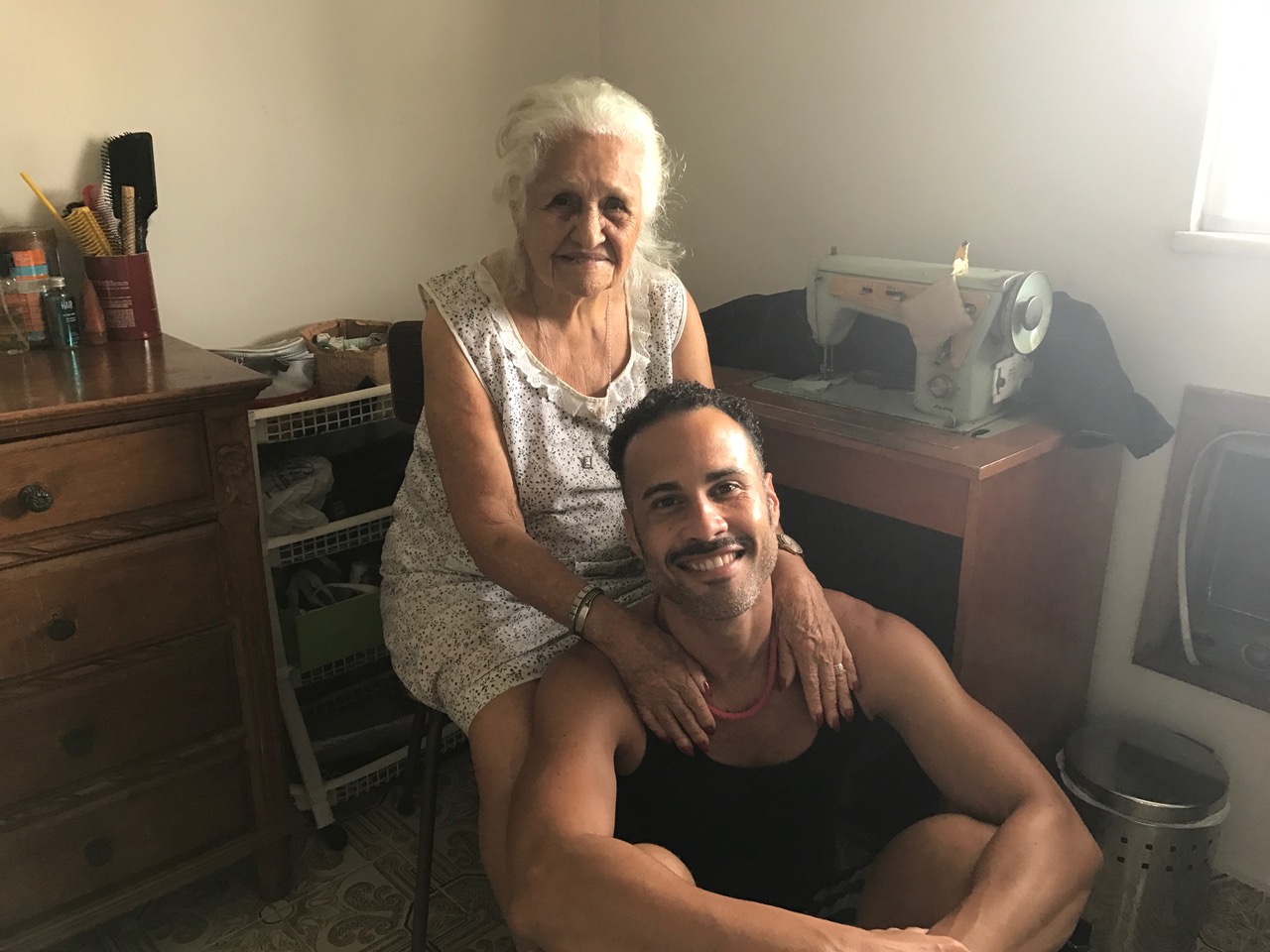While I write, I become the author and the authority of my own history. I become the exact opposite of what the colonial project has predetermined. I become me.
Historie er om kollaps af ting og historie er også om forglemmelse. Mange gange.
– Danh Vō
Malmö, Sweden
Copenhagen, Denmark
In January 2022, I, together with my family, moved to a new country to start a doctoral education. The city we moved to happens to border the city my husband originally came from. We are separated only by a thin slice of water, connected by train via an impressive bridge that links the two countries. When crossing between these lands I feel that we, the inhabitants of this reality, are very close but also far away from one another. Since we moved, nearly one year ago, we tend to make the crossing mostly to visit my husband’s family. After having lived for almost a decade much further away from them, it feels good to be able to take a train, right here in our neighbourhood, and thirty minutes later arrive to be physically surrounded by those whom we love and have missed. Strangely enough, since we started spending more time with my husband’s family, I have started missing mine even more. I have now been living away from my home country for fifteen years. I now realise that the reason for leaving that city and my family behind was due purely to discrimination. I was born queer. A transparent and gay (lato sensu) one. It took me a long time to understand that the circumstances and the family I grew up with were deeply infiltrated by toxic militarism and machismo. I am still trying to comprehend them. Fifteen years ago, my survival instinct guided me to a path of migration that turned me into who I am today: an individual in constant transit. My life has been (and will probably continue to be) a journey of moving to different continents, countries and cities in an attempt to create a home for myself. In all the different spaces and times I’ve inhabited, my maternal grandmother Voinha has remained a beacon of light and strength. Someone I can always return to for comfort and acceptance.
On March 6th 2022 we were having lunch with my husband’s niece in Nørrebro when I received the news that Voinha had passed away in Rio de Janeiro, prompting me to revisit the video and audio recordings of an interview I conducted with her during the last time I saw her alive, on September 15th 2018. I have used this material previously as the foundation for the performance Feliz Aniversário, created primarily as a way of giving Voinha agency in telling of her own migration journey on the occasion of her 100th birthday. As a way of paying a posthumous homage to my grandmother and to the feminist and queer empowerment tools I acquired while living in her company, I decided to revisit these recordings, now through the lens of the artistic research practice path I have recently become engaged in. That’s how the essay Questioning and Listening: An Attempt to Investigate Voinha’s Migration Journey (4) came about.

My interest in issues concerning memory, and my interest in listening to my ancestors was awakened in November 2016 when my maternal grandmother Voinha started showing strong signs of Alzheimer’s disease and dementia. Her mental health deteriorated rather quickly and she could no longer live on her own, as she had so proudly done her entire life. The process of moving her from her apartment in the neighbourhood of Méier in Rio de Janeiro, Brazil into a care facility, was very difficult. At the time, I had been living between Germany and Denmark for eight years and I had therefore only occasionally visited Voinha when I went on holidays to my hometown. Our connection has been one of the greatest sources of joy in my life. Her insistence on leading a positive and independent life, in spite of all the struggles she faced, has been a true inspiration to me. That’s why every time my mother would call to tell me how much Voinha “as we knew her” was disappearing, it would leave me truly sad and confused. These uncomfortable feelings led me to the decision to record interviews with my grandmother every time we met. Now that she is not physically among us, I feel really glad I took this initiative.
Salvador, Bahia, Brazil.
Sao Pedro D´Aldeia, Rio de Janeiro, Brazil
Aracaju, Sergipe, Brazil.
Rio de Janeiro, Rio de Janeiro, Brazil
In my early childhood the masculine presented itself as something traumatic. I was born in 1979 in a southern country amidst a military dictatorship. Brazil remained immersed in this military dictatorship for twenty one years (1964-1985). During this long and dreadful period of our history, men in uniform would set the rules and absolutely quash freedom of speech and any sort of political opposition.
As the child of a navy commander whose own father was an army officer, my upbringing was a microcosmos of the dictatorship lived on the streets: strict discipline and no space for questioning. Rules were there to simply be obeyed.
In my early childhood, my father prevented my mother from having a job or a profession on the grounds that she should be the one caring for the children, creating a clear division and, in that way, introducing me to two categories: the masculine and the feminine. Within those categories a man works and supports his family financially while a woman becomes a mother who stays at home raising the kids.
My maternal grandfather, who was an army sergeant, didn’t exist for me until I was eight years old. He had abandoned his wife, my maternal grandmother, and their nine children many years before I was born. In 1988 my mother took my brother and I on our first airplane trip to Natal, a city located on the northeastern tip of Brazil, some twenty-five hundred kilometres away from our hometown of Rio de Janeiro. My mother wanted her children to get to know her father. I suspect that she also wanted to come to terms with the fact that her father had abandoned her. That was the only time I saw told Salu. I remember finding it strange calling him grandpa.

My older brother Rigel and I were born two years and four months apart. Back then Rigel seemed to perfectly embody all the necessary requirements of the masculine. He was physically strong and talented in whatever sport he would venture into, from basketball to skateboarding and, most importantly, the Brazilian obsession: football. To be able to play football and derive pleasure from it seemed to me back then to be an innate Brazilian male gene. A gene that, due to some system error, I did not possess. My inability at mastering something that seemingly came naturally to all the other boys, caused me shame, fear and anger. It was my first realisation of the long path into queerness I was just beginning to tread.
On top of all the abilities my older brother naturally possessed, he was also very handsome. “He has those beautiful green eyes.” A recurring phrase uttered by my mother to this day. Rigel’s eyes are indeed very beautiful. As a kid I just wished my mother would say the same of me. I spent my entire childhood and teenage years wanting to become my brother. Or at least anything other than the strange creature that despite having been born as a male identified with all the aspects of the feminine I had so far been presented with. I was a sensitive child who in school enjoyed the gentle company of girls instead of the aggressiveness of boys. With my skinny and fragile body type, my boring brown eyes and my complete inability to feel comfortable in the masculine, despite a great deal of effort, I felt ugly, inadequate and useless. I craved belonging.
I hated the masculine so much and yet I desperately desired to become part of it. For some peace of mind, and to not feel so lonely.

At the age of seventeen, my father expelled me from home for not fitting into his realm of masculinity. A loving family led by a bisexual, divorced woman, offered me shelter for a couple of months. This family held dual citizenship (Brazilian/American) and their way of living was completely different from my family. Being in their care, I started realising that feminine and masculine were categories that did not have to exist as far apart: a man could be sensitive and a woman could be strong-minded. That gave me hope.
That very same year I got my first job and with my first paycheck, I enrolled in an English language class. I wanted to leave Brazil. I started to believe that somewhere else life could be different. Intuitively, knowledge seemed to me in those confusing days, the only possible tool to fight the violence I was constantly encountering for not fitting in, due to the dichotomic model, feminine vs masculine, presented by my family.
In my family, the feminine presented itself from my earliest memories in the form of an affectionate and present mother who at least seemed to make some effort to grasp who I was while trying to grasp who she was in a household where the rules were clearly set by the masculine.
I have a vague remembrance of my mother leaving home to attend college classes. I also have a fond memory of my mother being my first teacher at an English private school. I clearly remember feeling proud in that classroom among the other kids by having my own mother standing up by the blackboard. Unfortunately that soon evaporated.
The feminine also came in the form of a childhood in a household filled with four talkative women, my mother, my maternal grandmother and two female domestic employees who provided me with everything I lacked from my father: recognising and trying to understand me for what I was.
Within this feminine universe my maternal grandmother stood out as something that I am only now able to name: Voinha – the first feminist I met.
Voinha was the first person I knew who seemed able to lead a happy life without the masculine presence. Different from my parents, my paternal grandparents and the numerous aunts and uncles I had on both sides of the family, Voinha was the only one who was single. And it seemed not to bother her at all. On the contrary, she exhaled a sense of freedom and self-control by not being subjugated by the masculine.
Already from an early age I longed to be free the way Voinha was. Her mixture of a strong-willed and independent personality, coupled with an extremely loving and caring presence showed me that the masculine and the feminine could reside in the same body.
Voinha was the first non-binary person I met.
Muito obrigade, Voinha, for showing me a way out.
4 To be published at the Journal PlaySpace from the University of Stavanger in summer 2023.
